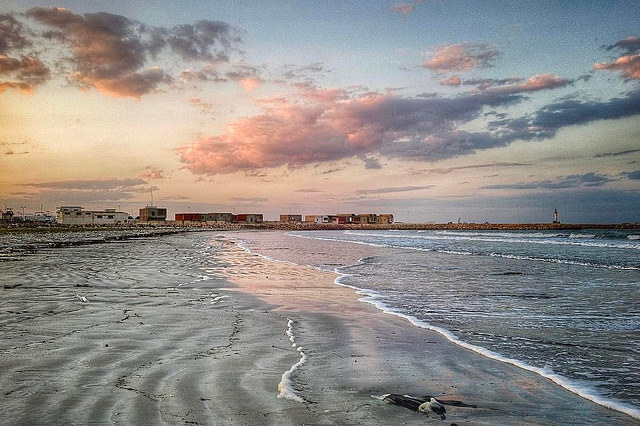
Efforts to improve the poor water quality in Tunisia
Water quality in Tunisia has been a long-standing problem in the country located in the northernmost part of Africa. Data indicates that most water resources are polluted and that the majority of these pollutants stem from wastewater discharge, industrial effluents and agricultural activities. Although efforts have been made within the last decade to create wastewater facilities, overall the quality of the water remains poor and could continue to worsen if more is not done to reverse the increasing pollution.
There is a large demand for water that has not been polluted—per capita renewable water resources are 489 cubic meters per year for a population of 9.6 million people.
The annual per capita water scarcity threshold is 1,000 cubic meters, making Tunisia’s 489 cubic meters far below what is accepted.
In addition, 16 percent of withdrawn water goes to households, tourism and industrial uses, while a whopping 84 percent is used for agricultural irrigation. Water used for agricultural purposes has doubled in the past 15 years.
[...]
Recently, efforts have been made to improve water quality in Tunisia by Japan, which has granted the country credit for construction of a seawater desalination plant in Sfax, a city on the coast of the Mediterranean Sea.
Read the full article by Sara Venusti via The Borgen Project | Blog.
[Photo by Outlandos [ym] | Flickr]







